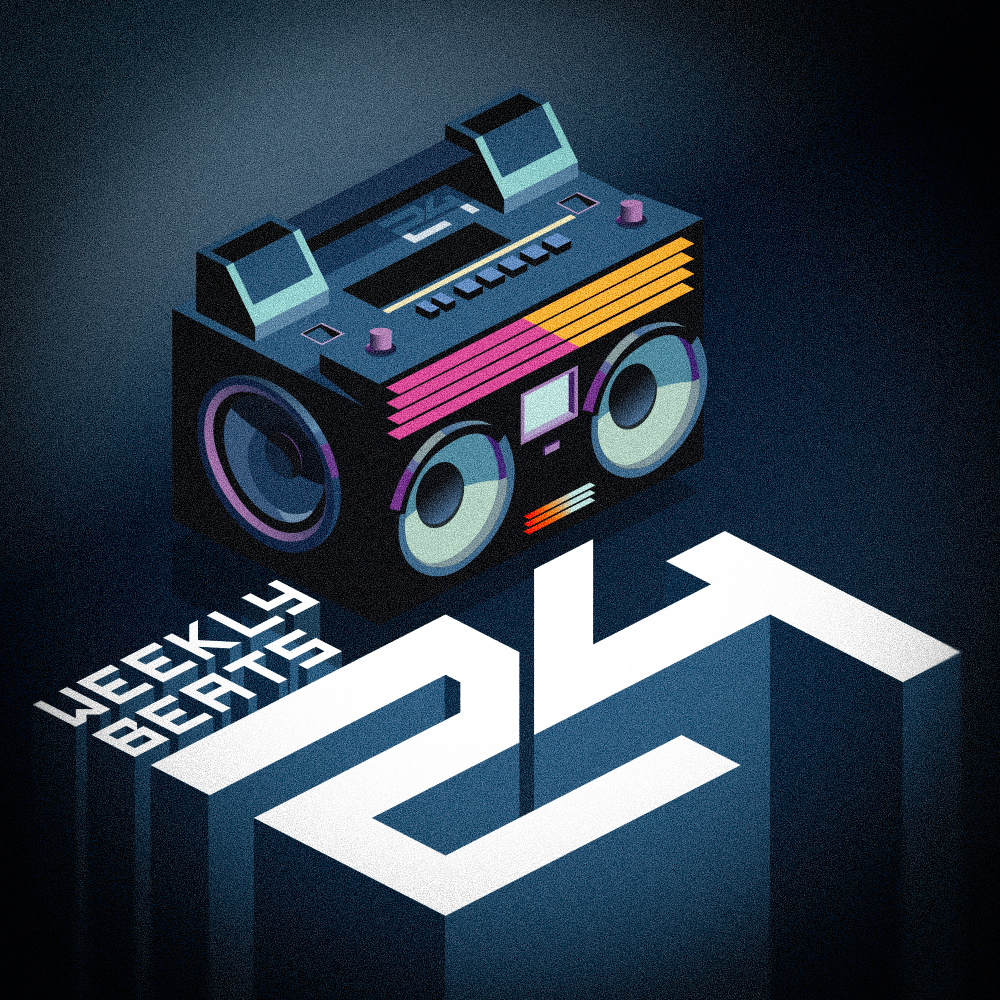The Platform
By ViridianLoom on September 20, 2020 11:00 pm
For this week I decided to try out a new approach for composing. Mostly using just the piano. I've been playing some JRPG's and I was hoping to emulate that style of music, or at least, that's what I was aiming for regardless of whether or not I hit the mark. I'm kind of out of my element so this wasn't what I was hoping it would turn out like.
So the approach was to load up "The Gentleman" piano vst from Kontakt and then to create several midi tracks on just that instrument. Since I don't really have a ton of coordination to play multiple things at once, I figured I'd write different parts for each register of the piano, so like one midi track would be dedicated to the low notes from B0-B2, then another track would be dedicated to B2-B3, then B4-B6 or whatever. That way I could try to stack up different rhythmic elements and/or create harmony. I'm not really sure how well this worked since I don't find this song particularly riveting but I'll give it a few more goes.
Anyways, once I did that, I wrote the tune. I listened for areas where the rhythms sounded too busy, areas where the harmony clashed, etc. Then I took all those different sections and started assigning instruments to them. Honestly, that was the hardest part. I have a bunch of different VSTs but I've never taken the time to make little custom banks of sounds that I like or ever really bothered saving presets I've made. So when I go to load something up like Massive all I'm left with is a shit ton of EDM presets, none of which really match the vibe I'm going for. I swapped out the bass like a dozen times because it was either too fat, too aggressive, too wonky, too low to be audible, or too high to be bass.
On that subject though, I LOVE the soundtracks to some of these modern JRPG games I've been playing. Stuff like Crosscode, Danganronpa, and VA-11 HALL-A. I have no idea what kind of sound pallet to use to replicate that style. They're not really chiptune since the sound is a little more high fidelity, but it still sounds programmed with instrument samples rather than the real deal (with a few exceptions, but like the "slap bass" you'd hear is normally sampled and not a live performance). Does anyone know how that kind of music is made? Is there a popular VST that people use to make that kind of music or do they gather a bunch of free samples online or what?
Audio works licensed by author under:
CC Attribution Noncommercial No Derivative Works (BY-NC-ND)



